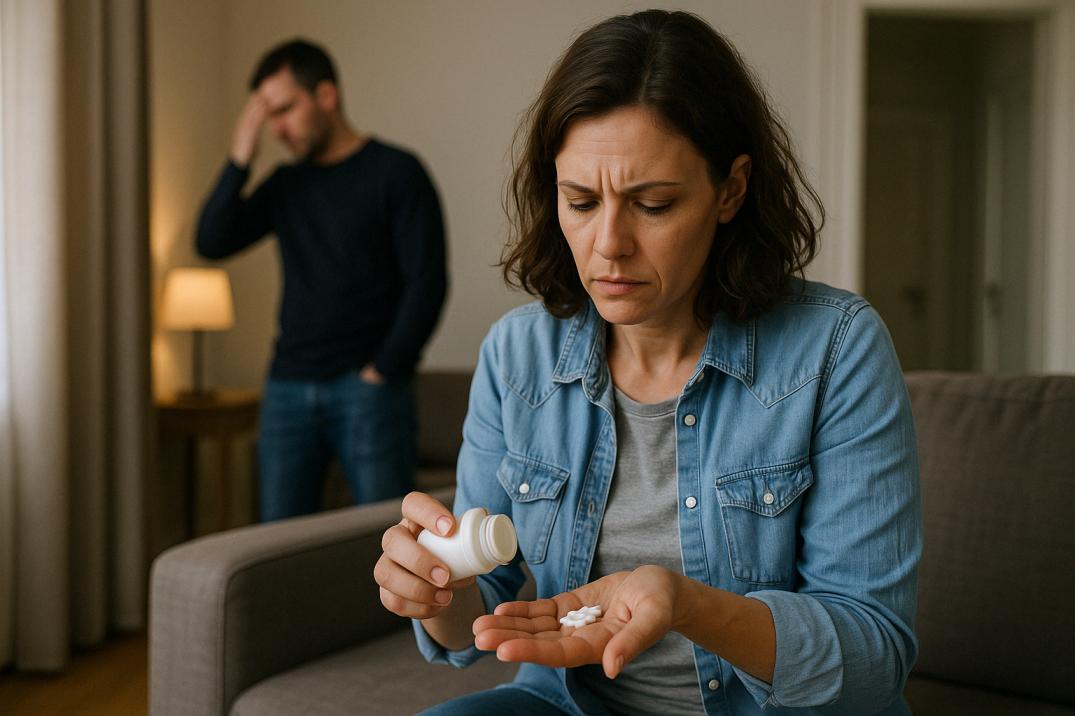New research shows a strong link between opioid policies and domestic violence reduction. States that enforce strict opioid prescription monitoring have seen fewer domestic violence incidents. These findings reveal that opioid control efforts may offer unexpected social benefits.
How Opioid Monitoring Policies Work
The study focused on Mandatory Access Prescription Drug Monitoring Programs (MA-PDMPs). These programs require doctors to check a central database before prescribing opioids. As a result, they help prevent “doctor shopping,” where patients seek multiple prescriptions from different providers.
By limiting excess access to opioids, these policies reduce drug misuse. This also helps lower the social and emotional stress linked to domestic violence.
Key Findings from the Study
Researchers at the University of South Florida analyzed data from 31 U.S. states between 2007 and 2019. The data came from the National Incident-Based Reporting System. After adjusting for economic and demographic factors, they found a:
- 10% drop in simple assaults, the most common form of domestic violence
- Greater impact in states with higher opioid prescription rates
These findings were originally reported by News-Medical.net and are based on a peer-reviewed study published in the journal Health Economics.
Expert Insight: Connecting Opioids and Violence
“Our research confirms that opioid policies and domestic violence are connected,” said Dr. Andrei Barbos, lead author of the study. “By limiting opioid misuse, these programs also improve public safety. That’s a big win for community health.”
Why This Matters for Public Health
Domestic violence affects over 10 million Americans each year. It can lead to long-term trauma, injury, and even death. Strong opioid policies, especially those requiring prescription checks, may help reduce these outcomes.
Additionally, the study adds to a growing body of evidence. Opioid misuse doesn’t just affect the individual. It impacts families, neighborhoods, and health systems. Well-designed policies can create safer environments for everyone.
Next Steps for Policymakers
Policymakers should consider expanding access to PDMPs and making their use mandatory across more states. These tools not only fight opioid misuse but also offer broader benefits like reducing domestic violence. Future research could also explore whether similar programs help reduce other types of community violence or mental health crises linked to substance abuse.
For full details, visit the original article on News-Medical.net.
Explore More : innovatemed.org


